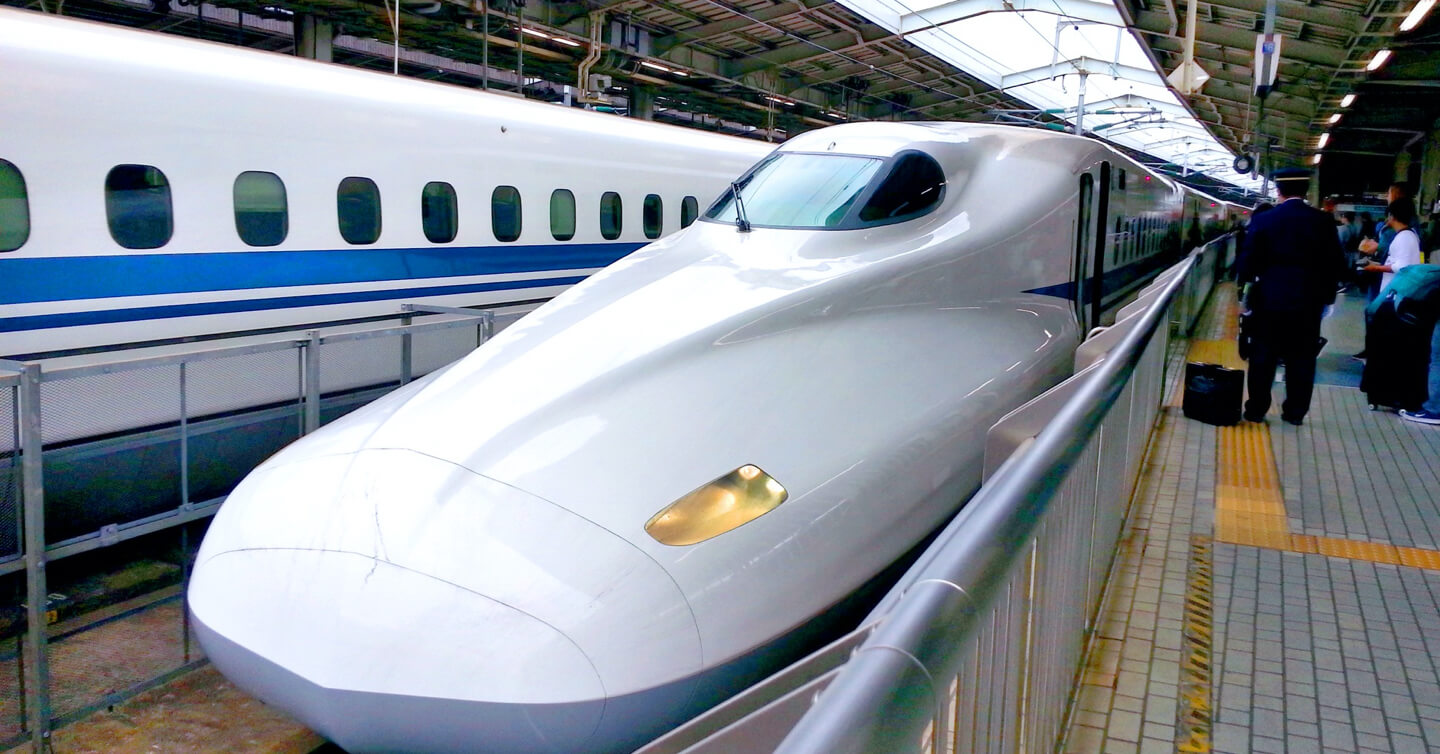Matthew Burke
Developing inclusive electric micro-mobility share schemes.
Email: m.burke1@ncl.ac.uk
Project title
Best practice for developing an inclusive electric micro-mobility share scheme. An international study.
Supervisors
Project description
Electric micro-mobility modes of transport are small, battery powered, lightweight vehicles. They are mainly used for short journeys. Examples include e-bikes and e-scooters.
We are developing a best practice guide to socially inclusive electric micro-mobility within the urban environment.
Due to their speed advantage over conventional cycling, e-bikes could present a real alternative to the private car. More recently, e-scooters have risen in popularity, assisted by the creation of share schemes.
Bike and scooter share schemes have a positive impact on cycling advocacy within a city. But some schemes have received criticism for their ineffectiveness. Also, the most privileged in society are more likely to use such share schemes.
This is a wider issue within cycling in areas of low cycling uptake. But in areas where cycling mode shares are high, demographics are less influential. We need to look at the reasons why specific parts of the population are reluctant to cycle. This could be an effective way to induce a larger modal shift towards cycling, rather than providing for current cyclists.
We will compare potential opportunities and barriers for electric micro-mobility. We will make our comparisons using case studies from across the world. Thus, we will learn from a range of cultures with various levels of cycling mode share, infrastructure provision and uptake of electric micro-mobility.
We will achieve this using quantitative data. We will supplement with qualitative data through focus groups. The conclusions will assist in decision-making for stakeholders such as policy makers and local councils.
Qualifications
- BSc Environmental Economics and Environmental Management, University of York (2011)
- MSc Transport Planning and Engineering, Newcastle University (2016)
